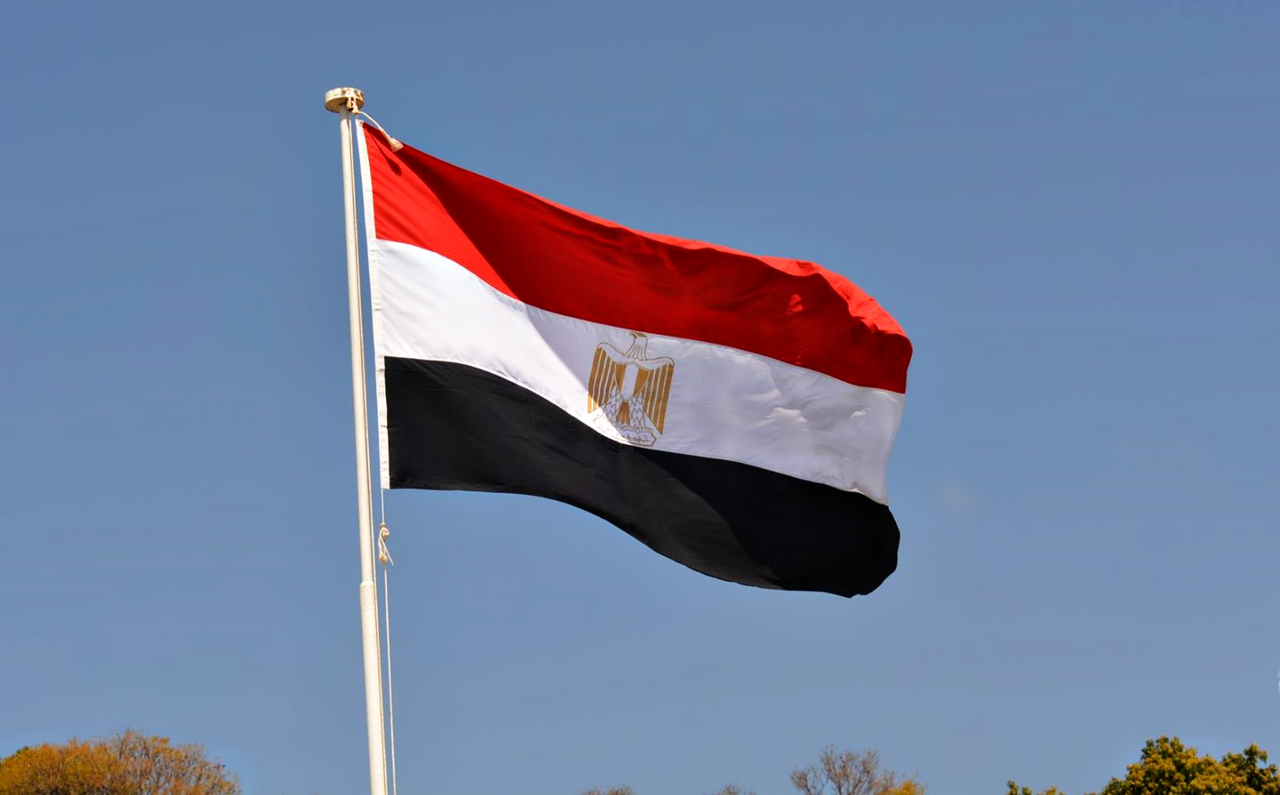Egypt's annual urban consumer inflation revved at its fastest pace in five years in December as several rounds of currency devaluation jacked up domestic prices tremendously.
Prices increased by an annual rate of 21.3% in December from 18.7% a month earlier, data from the Central Agency for Public Mobilization and Statistics showed Tuesday.
The marked rise in inflation was driven by an annual 37.2% increase in food and beverage costs, which is the largest single category of the consumer price index basket.
The inflation figure was the highest since December 2017, when it hit 21.9%, and higher than the rate forecast in a Reuters poll of 15 economists at 20.5%.
In December, Egypt's supply ministry said it set up a committee to put "fair prices" for 10-15 strategic and basic commodities after annual inflation peaked in November.
Egypt's central bank permitted the pound to depreciate twice in 2022, pushing up the cost of imports that are further exacerbated by trade restrictions due to the Russia-Ukraine war. The pound's devaluation continued last week, with declines reaching 27.65 against the US dollar as of January 10.
The central bank announced in December it was targeting inflation at an average of 7%, plus or minus 2 percentage points, pass-through by the fourth quarter of 2024.
The bank also authorized on December 22 a 3%, or 300 basis points, increase to its key policy rates as the urgency to contain inflationary pressures intensifies amid the devaluation risk of the country’s currency.










